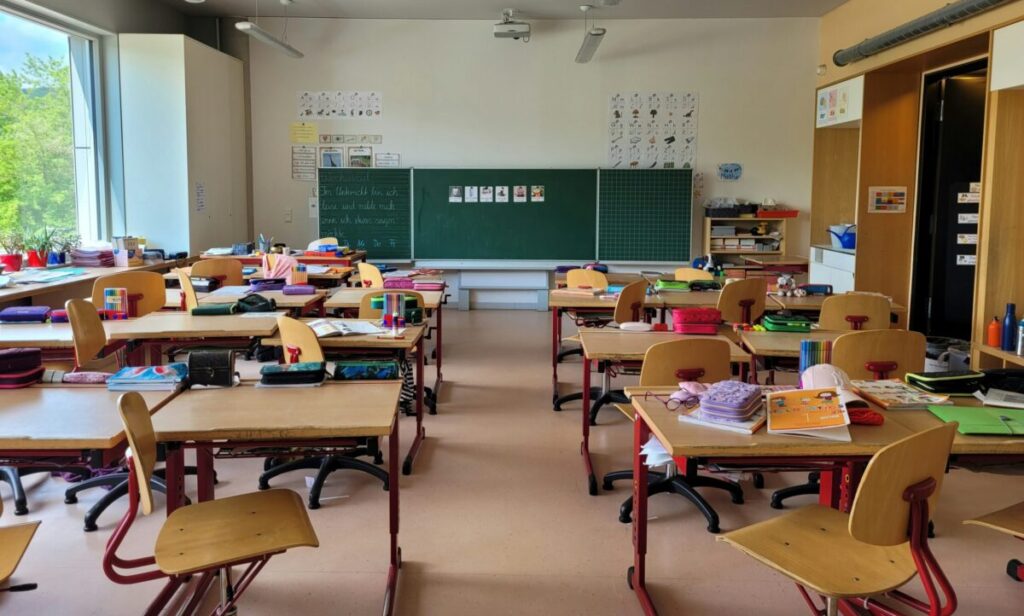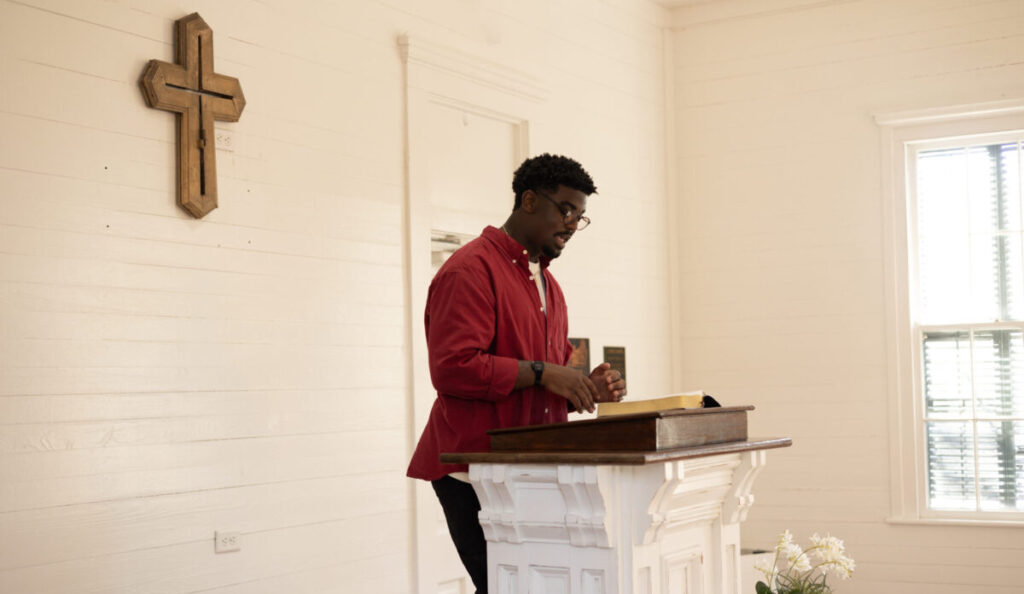Governor Bob Riley shocked lawmakers March 6 with his first attempt at proposed General Fund and Education Trust Fund budgets.
With cuts ranging from .6 percent in Medicaid to 18.8 percent in the governor’s office, state agencies would take the greatest blow. But lawmakers did not readily agree, so the debate begins.
“Tax talk and budget talk, out of necessity, will dominate this whole session,” said Dan Ireland, executive director of Alabama Citizens Action Program (ALCAP). “They will fight over the budget until the bitter end,” he said.
But “it may be two weeks before the governor comes up with (a new) proposal,” and that allows time to work on other legislation, Ireland explained.
One bill Ireland plans to keep his eye on is House Bill 280, which allows for cash payouts from video gambling machines at the state’s four dog tracks. Rep. John Knight Jr., D-Montgomery, sponsored the bill.
The Indian video gambling facility in Wetumpka has sparked renewed energy to expand gambling in Alabama, Ireland said. “[Gambling proponents] want this in order to compete with the Indians.”
Gambling issues claimed the spotlight throughout the 2002 legislative session and in various court cases during the year. And while a Dec. 13 landmark decision by a state appeals court ruled against cash payouts for video gambling machines, the Alabama Supreme Court has not ruled on the issue. Predictions are that a high court ruling must happen before statewide banning will go into affect.
Along with the gambling bill Ireland also is monitoring bills promoting legalized liquor laws and other moral issues that affect Alabamians.
One bill Ireland hopes will pass this year is the Clean Indoor Air Act. For the 14th year running, Ireland has promoted this bill, which would prohibit smoking in certain public places.
Ireland feels strongly about this bill and said he has the most support he has ever had on it. “I believe it will come out this year,” he said.
Still, the “hassle over taxes and the budget may hold up other things,” he noted.
Riley said during his state of the state address March 4 that “our government faces a fiscal crisis of historic proportions.”
“The best estimates of the finance department show that the deficit in the 2004 budget will be at least $550 million,” explained Riley, a member of FBC Ashland. “And this is without making any improvements to our schools, correction facilities or any other state programs that are in dire need of more funding.”
Riley said he was cutting government spending and eliminating waste in his own office as a first step. But he explained that these cuts would not be enough. “In order to find long-term solutions, we must make fundamental reforms in our government structure — changes that allow us financial flexibility, insure efficiency and accountability and establish a firm foundation upon which the state can thrive,” he said. “The first reform that must take place is constitutional reform.”
Riley established the Alabama Citizens Constitutional Commission earlier this year to deal with the issue of reform. The commission held its final public hearing March 7. It will be reporting its suggestions for reform soon.
“I believe the most important change they are considering is the reduction of excessive earmarking in our state budget,” Riley noted. “We must have the ability to move money from one department to another.”





Share with others: